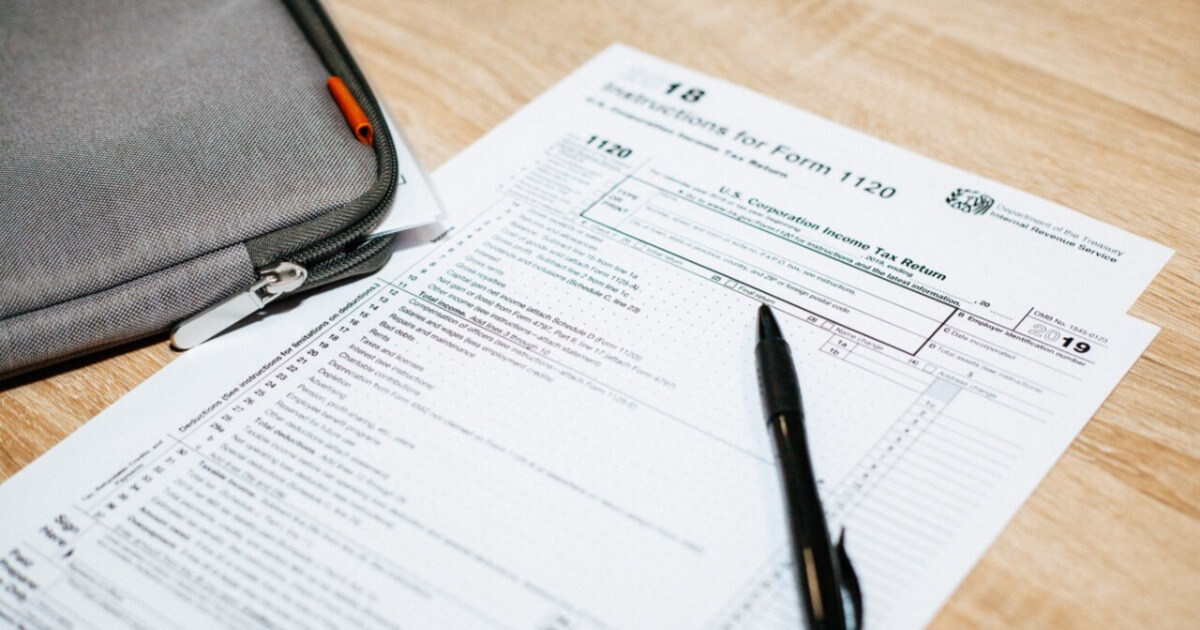Many of our clients, who qualify as residents for tax purposes in Portugal, always ask us how the tax return in Portugal work. To understand how the tax return in Portugal works, one must first understand the Portuguese Personal Income Tax (also known as IRS).
Generally speaking, IRS is an abbreviation for “Personal Income Tax”, which is the tax levied on people’s income (with specific exclusions permitted by law).
How does the IRS work?
The IRS is the Portuguese tax imposed on the income of individual taxpayers, that is, on the money that one has earned during the year. This can be money made from jobs, profits from investments, rentals, pensions, and so on. In addition, the IRS holds the following characteristics:
- Direct: taxes are imposed on income and due by the taxpayer.
- Global: it applies to the income of residents in Portugal, even if said income is not of Portuguese source. In addition, this tax is also applicable to the income of non-residents if that income is of Portuguese origin. In other words, its scope is global.
- Individual: the amount of tax owed is determined by the financial and social circumstances of the person and their household (generally speaking minor children and dependent ascendents);
- Annual: it takes into consideration the amount of the revenue obtained between the first of the year and the last day of the calendar year;
- Declarative: the amount is determined using the information provided on the annual tax return that the taxpayer is required to file under the law;
- Progressive: Income brackets are used for taxation by the IRS. Whoever has a higher income will be expected to pay a higher tax rate. Notwithstanding, there are special provisions in place for certain types of income to which a flat tax rate applies. Finally, NHR status holders may benefit from exemptions or flat rates on their foreign or Portuguese-sourced income.
What to report in the tax return in Portugal
The Portuguese Tax and Customs Authority has classified the following type of income, subject to reporting under Portuguese Tax Law:
- Category A: this category refers to income from dependent employment (or salaried employees), i.e. salaries, bonuses, commissions, allowances, premiums, and indemnities, among others;
- Category B: this category refers to business and professional income, that is, money earned in commercial, industrial, agricultural, forestry or livestock activities. This category also includes income obtained on a self-employed basis through the provision of services;
- Category E: this category is for capital income, such as interest from demand or term deposits and dividends;
- Category F: this category is for income from property, i.e. rental income. Category F: this category refers to income from real estate, i.e. income from rents. This category also includes income obtained with the operation of local accommodation, but only those which are not linked to a business activity;
- Category G: is the category for income derived from capital gains, compensation for unproven emergent damages, loss of profits and compensation for moral damages. These are the so-called patrimonial increments;
- Category H: this category concerns income from retirement, old age, disability, survivors and alimony pensions. Benefits paid by insurance companies, pension funds or others within complementary social security regimes also fall into this category.
- Category J: all the above types of income from foreign sources and IBAN (and BIC codes) of foreign bank accounts.
Portugal tax return due date
In the latest years, the due date to file the Personal Income Tax Return in Portugal has always been between April and June of the following year of that of the income earned. Notwithstanding said deadline can be extended until the last day of December if the taxpayer can produce evidence that the tax returns in the country of source have not been made available to them before the deadline ends.
Computing the tax due
Unfortunately, the algorithm to compute the tax due is not made public by the Portuguese Tax and Customs Authority, despite a former Minister of Finance has issued a Ministerial Order to proceed with the algorithm’s release. Despite this, our team of professionals can assist you in estimating your Portuguese tax liability with or without the NHR status.
In addition to the above information, we draw your attention to the fact that should you be a freelancer, additional tax compliance is expected for your business activity.
At MCS, we can assist you with your tax and immigration matters in Portuguese territory. This article is provided for general information purposes only and is not intended to be, nor should it be construed as, legal or professional advice of any kind. Should you have any questions, please do not hesitate to contact us.

Laurinda holds a Diploma in Business Administration from the South African Institute of Administration and Commerce… Read more




